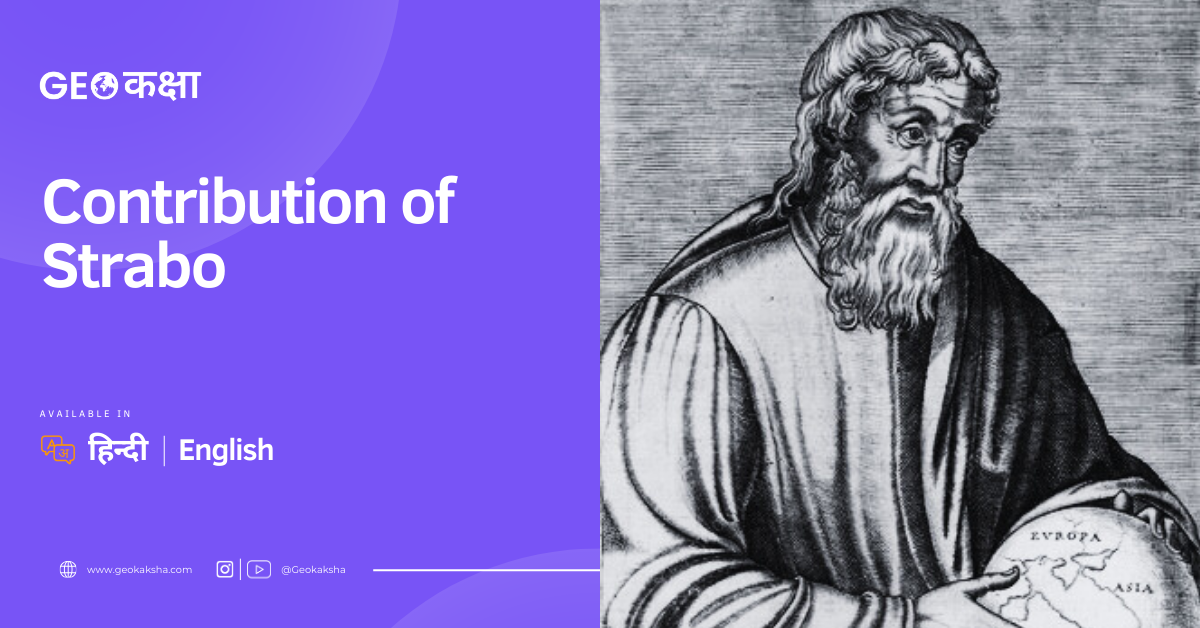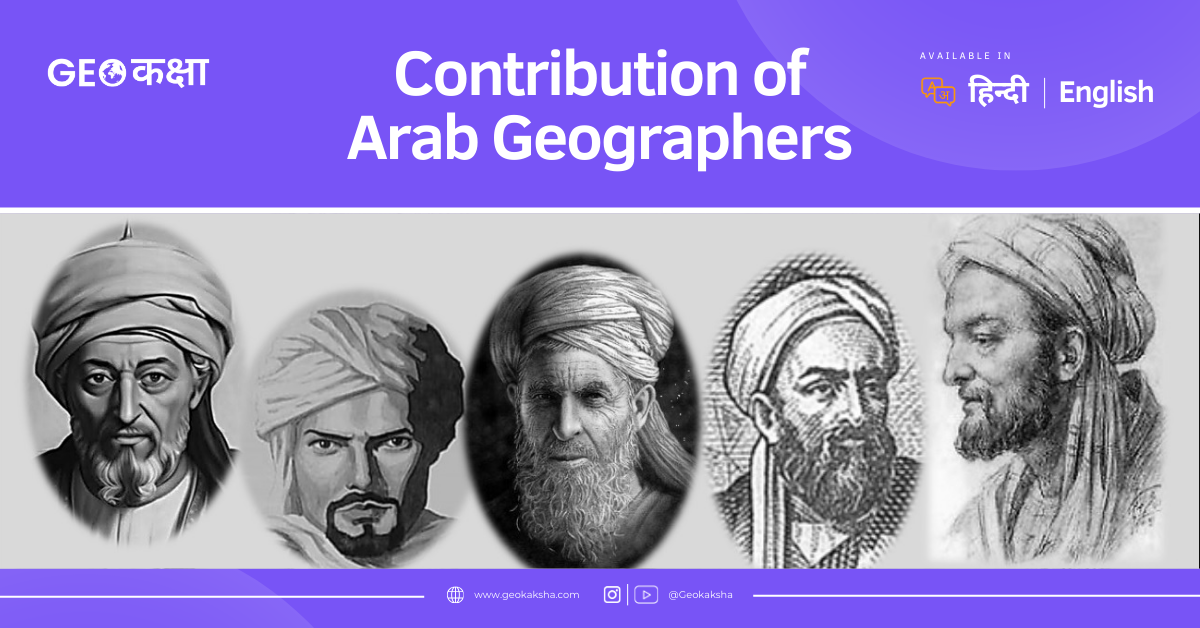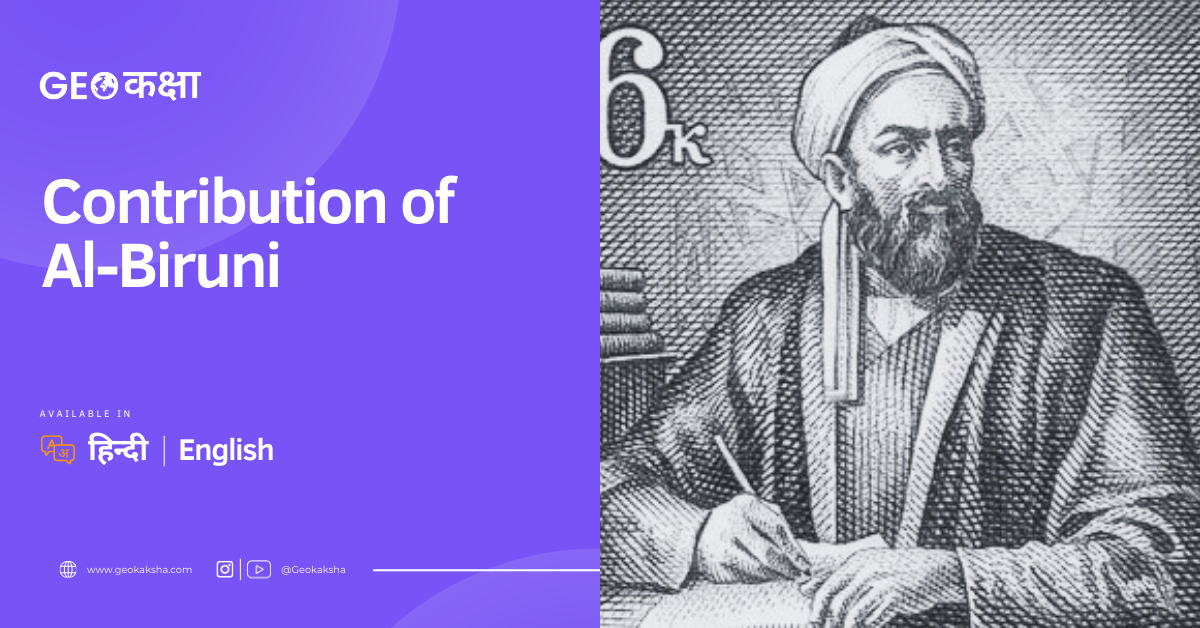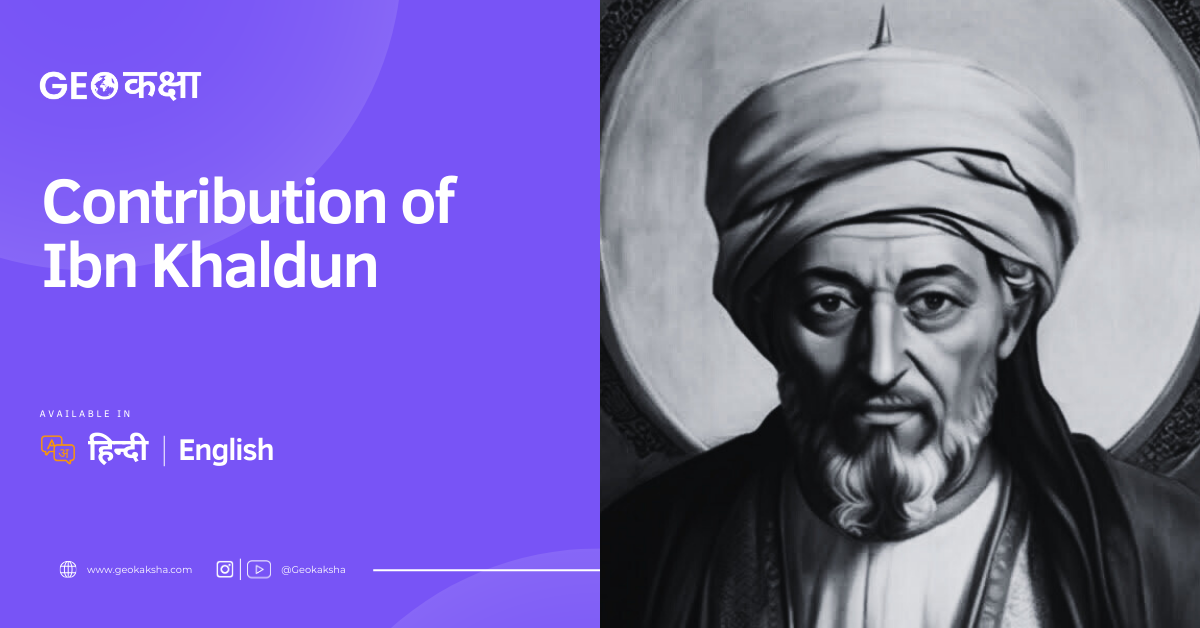Introduction
Al-Masudi was an Arab geographer, historian, and traveler who lived in the 9th and 10th centuries. He was born in Baghdad in 896 AD and is considered one of the greatest Islamic scholars of his time.
Table of Contents
Area of Work
Al-Masudi’s work spanned various fields including geography, history, and anthropology. He traveled extensively throughout the Islamic world, Africa, and Asia, gathering information for his writings.
Specialization
He specialized in geography and was known for his detailed descriptions of the lands he visited. His works provided valuable insights into the geography, customs, and cultures of the regions he explored.
Significant Contribution
Al-Masudi’s most significant contribution to geography was his concept of the “water cycle” which he described in his book “Muruj adh-dhahab” (The Meadows of Gold). This theory later influenced European scholars and is now considered a fundamental concept in hydrology.
Major Works
Some of his major works include “Kitab al-Asar wa’l Magazir” (Book of Historical Accounts), “Ithbat al-Imama” (Evidence of the Imamate), and “Kitab al-Tanbih wa’l-Ishraf” (Book of Admonition and Revision). However, he is best known for his book “Muruj adh-dhahab” which is a comprehensive geographical work that describes the world in great detail.











